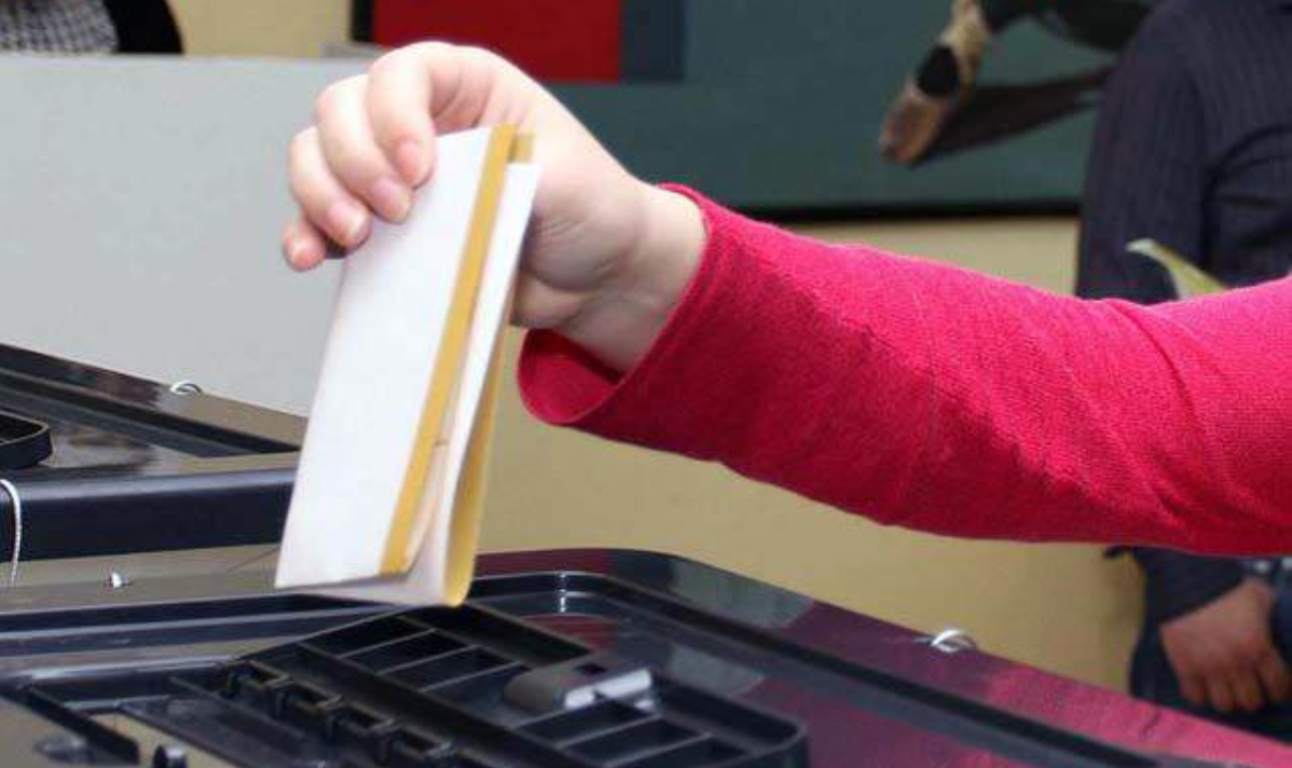
Albert Z. Zholi
Alket Aliu
Albania is one of the countries with the highest number of political parties per capita. Statistics of the Court of Tirana show that 118 political parties have registered from 1990 until 2013. This figure is even higher, if we consider the fact that from 2013 until 2017, some other parties have been registered, such as LIBRA, Challenge, APD, Left Front, etc. The first three ones decided to race on 25 June
For ideas or gains?
None of the small political parties has ever declared that it has been created to gain from the perks of power. They have always promoted a cause, an ideology or defended the interests of different categories of society.
One of the most interesting figures of the old parliament, the MP coming from the SP and who is known by his nickname the Cowboy, Eduard Ndocaj, this time raced as part of a small party. He says that small parties are more democratic parties, more idealist and more patriotic, “as they do not have connections with the ruling party, with public tenders or posts in the public sector. Small parties operate and work in difficult circumstances. They make big sacrifices and their ideals are great”.
Marko Dajti, head of the Left Front, has been one of the leaders of the Communist Party, but he left this party to create the Reorganized Labor Party. He says that he left the Communist Party due to the fact that its members had old mentalities and they had turned into a group of people who were nostalgic about the communist period. But even his move to the Left Front seems to have been made for the same reasons: “I was looking for a way to unite people and to bring the young generation closer to the communist ideal. I am a communist, but I belong to a new generation and mentality”, says Marko Dajti, who is also a businessman. To be a communist and business person seems like a paradox. But Marko has clear ideas: We must know capitalism from within and fight it by living with it”. When I ask him about the “Jaguar” capitalist type of car that he uses to attend party meetings, he says with a smile on his face: “We don’t fight to be poor, but we fight for everyone to have a car such as mine”.
Meanwhile, Koçi Tahiri openly expresses his discontent for the big parties and the way they treat the small allies. “The big parties always invite the small parties before the elections. They discuss the program, the coalition and in the end, they never offer us any place in the MP lists. So, they only want our votes. This happens in a way due to the fact that they do not take our votes into account, but if they are added up, they could enable the election of two MPs. The big parties want us to offer as much attention as possible to them, while attention for us is zero”.
In the 25 June elections, the number of parties that participated in them was only 18. A very small number, which can only be compared to the elections that were held in the ‘90s, when the number of political parties in the country was still small. The reasons for the lack of their participation are different.
Survival
The survival of small parties has historically been very difficult. Many of them have been lucky enough to win a seat in the Parliament of Albania. The big parties always invite the small parties before the elections. They discuss the program, the coalition and in the end, they never offer us any place in the MP lists. So, they only want our votes”, Koçi Tahiri says.
As if the lack of funds wasn’t enough for these parties, they also seem to leak votes along the way. “I think that the DP and SP were together in these elections. The elections were not held in line with democratic standards. The small parties did not act in a free ground and it is not known where those votes that we thought we won, went”, Eduard Ndocaj says.
Meanwhile, Marko Dajti has a much bitter experience from the previous years. “In the 2011 local government elections, we received over 6 thousand votes, while two years later, in the general elections, we only received 700 votes. It was not a real result. 90% of our votes were split by the large parties who had the commissioners and people counting the ballots”.
But the small parties are not only punished by the fact that they do not have commissioners or people counting ballots. In the 2013 elections, FRD obtained around 30 thousand votes, but it could not obtain any seats in Parliament. On June 25, LIBRA Party won 20 thousand votes, but no seats in parliament. And all of this as a result of the electoral law drafted in such way as to favor big parties.
Out of all the parties that started out with an idea, only three of them managed to secure seats: SMI, which can hardly be considered a small party now, PJIU and Social Democratic Party. And the latter thanks to its candidate, Tome Doshi.
The reduction of the number of small parties that participated in the June 25 elections led to a reduction of their votes. In total, in the 2013 elections, small parties managed to gather 252 thousand votes. But in 2017, this figure shrank significantly, along with the parties that participated in the race. In the June 25 elections, the number of votes that went for small parties was only 44 thousand.
Another significant detail is that out 18 political parties that participated in the June 25 elections, 10 of them or more than half have never had any seats in the Albanian parliament.
